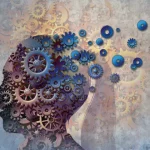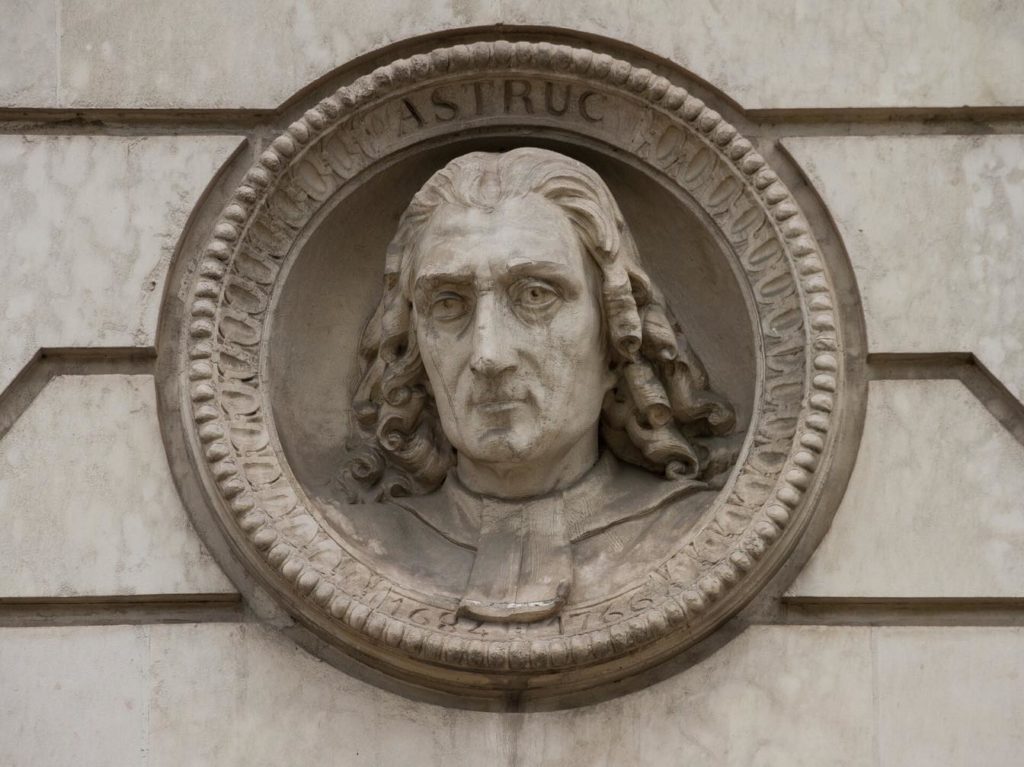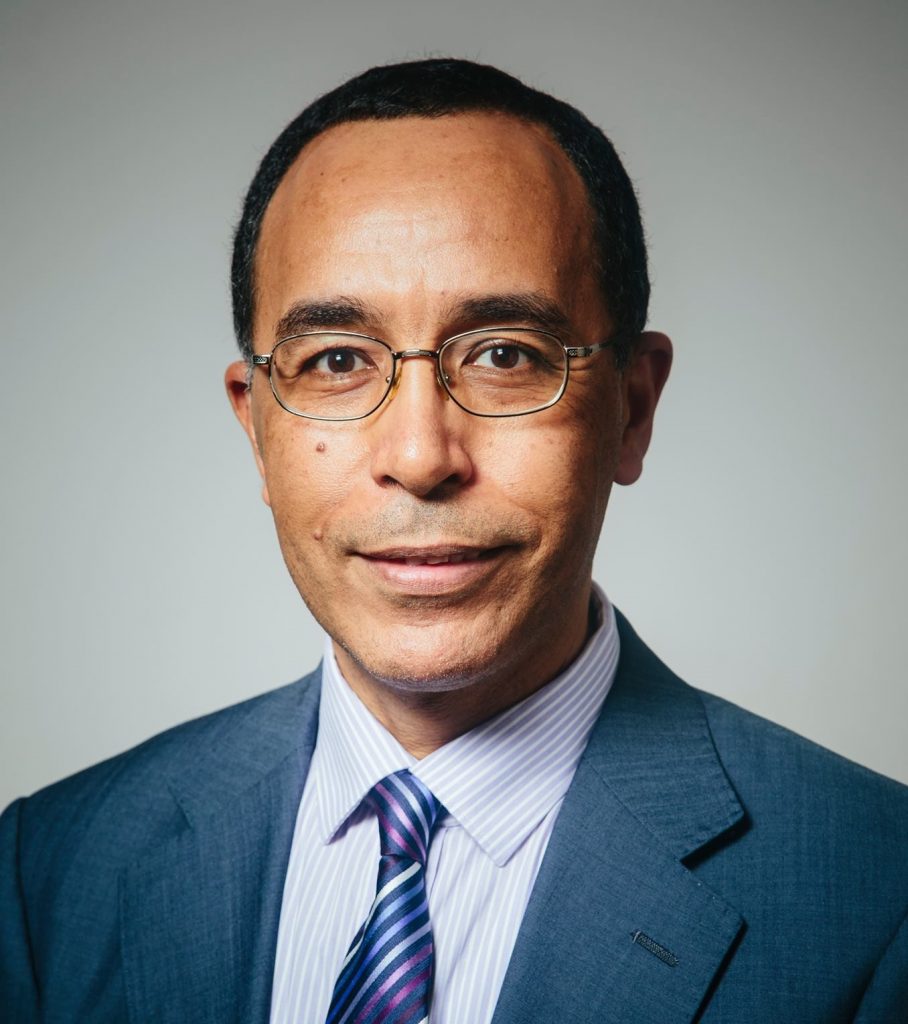
Islamic societies in particular and Arab societies in general passed through a dark period lasting for hundreds of years. Since the fall of Baghdad, the capital of the Abbasid Caliphate, at the hands of Hulagu Khan in (1258 AD) and then the fall of the capital of the Byzantine Empire (Constantinople in 1453 AD) at the hands of the Ottomans led by Mehmet the Conqueror, and the fall of Andalusia (Granada fell in 1492 AD), the Islamic world in general and the Arab world in particular has been passing through dark centuries.
BY NAFI SHABOU
THIS WAS ESPECIALLY the case in the period of Ottoman (Turkish) colonialism, which lasted more than four hundred years (from about the sixteenth century to the beginning of the twentieth century). The Arab countries continued in this complete darkness up until the nineteenth century when Napoleon Bonaparte occupied Egypt in 1798 AD and brought with him scientists and thinkers. These played a primary role in stimulating the modern Arab renaissance in all fields of science and knowledge. [1]
The Arab world witnessed a new wave of occupation (the Arab world was occupied by the British, French and Italian colonialism after these powers emerged victorious in the First World War and divided up among themselves the Ottoman heritage). Nevertheless the renaissance continued after the fall of the Ottoman Empire in 1919 with the cross-fertilization of Eastern and Western civilizations and the restoration of the Arab world to its identity and national consciousness. This took place during the era of Western colonialism, which lasted only a short period not exceeding 50 to 70 years, after which the Arab countries regained their independence for the first time after hundreds of years.
The Arab countries re-entered the dark tunnel instead of learning history’s lessons in overcoming crises by seeking rational solutions
There then began the modern Arab resurgence – the ‘Nahḍa’ – with the help of intellectuals, major scholars and thinkers. In this the Christians, Jews and Copts repeated their role as pioneers of this renaissance, forming a bridge between the Christian West and the Islamic East, as Arabs set out to keep pace with contemporary human science and knowledge. But disappointment occurred when this momentum receded from its ongoing progress due to a reaction against Western civilization after the establishment of the Jewish state in Palestine in 1948 and the ensuing wars that exhausted the Arab countries – especially after the so-called setback of 5 June 1967, in addition to blood-stained coups and the domination of dictatorships over the systems of government in these countries.
These led to internal defeat and a turning in on itself. Cultural, scientific and epistemological contraction followed and a withdrawal into religion with the return of Salafi ideas as a result of the manifold failures. As a result of this material and moral defeat religious thought gained control over scientific and epistemological ideas and religion and politics became two sides of the same coin in Islamic societies in general and in Arab societies in particular. The predominance of Salafi religious thought led to literal interpretations of the Qur’ānic texts.
In light of this, the role of science and knowledge shrank after the isolation of the mind in reaction to Western societies, especially the United States. The Arab countries re-entered the dark tunnel instead of learning history’s lessons in overcoming crises by seeking rational solutions. People instead resorted to myths and legends, intellectual and religious fanaticism, the recourse to theories of so-called conspiracies, the declaring of others as ‘infidels’, the spread of oppressive modes of thought, a fight against reason, and the condemnation of thinking to the benefit of superstition and sorcery.
Arab societies in particular have become flabby, inert, consumer societies, empty and wasted from the inside, parasitic and dependent
As a result of these failures in these countries there emerged the thinking that the Qur’ān was the source of all human and scientific knowledge. According to many contemporary Muslim religious scholars the Qur’ān contained scientific and linguistic miracles; Muslims therefore did not need the sciences of the West and its knowledge. In its place contradictory religious fatwās proliferated prohibiting, licensing, anathematising and glorifying this or vilifying that. Fatwās were issued even on personal matters concerning men and women, and the cleric has even become the arbiter of the fate of man and his life. He is the legal authority and adviser, and in his hand lies both legislative and executive power. In many cases it is the fatwās of the shaykhs, not the laws of the state, that control the fate of Islamic peoples. This is especially the case in matters of personal status laws, in that in many of these countries, for example, ‘temporary marriages’ of all kinds have been legitimised along with others that we do not have the space to mention here. We can even say that the constitutions of Islamic countries have been subordinated to Islamic law, which has become a restriction and even a stumbling block to progress in these countries, as it conforms to their political and religious concepts.
Not only that, but Islamic law is failing to keep pace with the age of enlightenment, science and knowledge. It cannot be applied even to Muslims since it violates the most basic human rights such as freedom of conscience, religion and the rights of women, and the like. As a result of this withdrawal into religion (from failures and not from free choice) religious fundamentalism (puritanical faith) on the plain of sectarian differences between Shiites and Sunnis that had been buried under the ashes for centuries. The percentage of ignorance, especially among women, increased. Due to the lack of interest in science and knowledge many minds migrated to the West so that these countries have been effectively exporting minds to the West and importing therefrom their ready-made technologies. Arab societies in particular have become flabby, inert, consumer societies, empty and wasted from the inside, parasitic and dependent. They seem to be reeling from the horror of economic and moral problems, from psychological complexes and schizophrenia in the way they deal with the civilized world and in their own double standards. They have surrendered to the slavery of dictatorial regimes and the incantations of the clerics who have been able to brainwash the majority of these peoples. The Arab Muslim has been left deprived of his most basic human rights and staggers about like a pathetic lifeless corpse unable to free himself from all these shackles that have become a weighty burden.
They seem to be reeling from psychological complexes and schizophrenia in the way they deal with the civilized world
In contradistinction to the Islamic lands Europe flourished in the period since the 15th century known as the Enlightenment and the West continues to advance in science, human knowledge, individual freedom and liberation from the rule of dictatorships, living as they do under democratic regimes. Mankind in these countries has become the goal and the focus, and human rights laws derived from their Christian roots have been enacted. As for religion, this has evolved its interpretation of Bible texts with the emergence of biblical criticism, a general review of the Church’s positions throughout history and the separation of religion from politics and the state. There has been a recognition in the Church of the mistakes it committed against Jews and scientists throughout history. The Bible has been printed, distributed and translated into all languages of the world but the clergy has not developed any monopoly. In the West in particular there has emerged a religious awakening and reforms that keep pace with global scientific and epistemological development. This breakthrough culminated particularly following the Second Vatican Council (1962-1965).

Suggested Reading
History tells us that civilizations progress when there is an inward vision – a vision of the unity of society from within – and an outward vision of the world – a vision of other civilizations and an interaction with them in the cause of civilizational integration. A culture cannot survive if it remains based on a single thought and a single ideology, or even a single religion. Civilizations are integrated and mixed, there must be an eye to the inside and an eye to the outside, as the Algerian scientist Nidal Guessoum who won the Nobel Prize in physics puts it:
There must be a permanent comparison made between our vision of the world (ourselves and outside of ourselves) – that is, what Sufis term ‘two eyes’, an eye on (internal) unity and an eye on plurality – the understanding of others, of other civilizations.[2]
History also teaches us lessons and experiences, indicating that the politicization of religion or the interference of religion in politics leads to opposing results: it causes a stumbling block to faith instead of increasing and strengthening it. Christ said, “Render unto Caesar the things which are Caesar’s; and unto God the things that are God’s”.[3] That is, religion should be separated from politics and heavenly books should not be turned into as textbooks for the natural sciences, because the purpose is to establish a spiritual relationship between man and the Creator. Science, in the comprehensive sense of the word, embraces every kind of knowledge and its application, or ‘fully understanding something for what it is’. Knowledge does not oppose a relationship with God; on the contrary, the more Allah is present in us, the more we become attached to knowledge. Allah’s presence is in the heart and not something that is proven by reason.
[1] The 1798 campaign of Napoleon Bonaparte only lasted three years.
[2] Nidal Guessoum, interview on Al- Jazeera channel, 31st May 2008.
[3] Matthew XX, 20-22; Mark XII, 17; Luke XX, 25.


